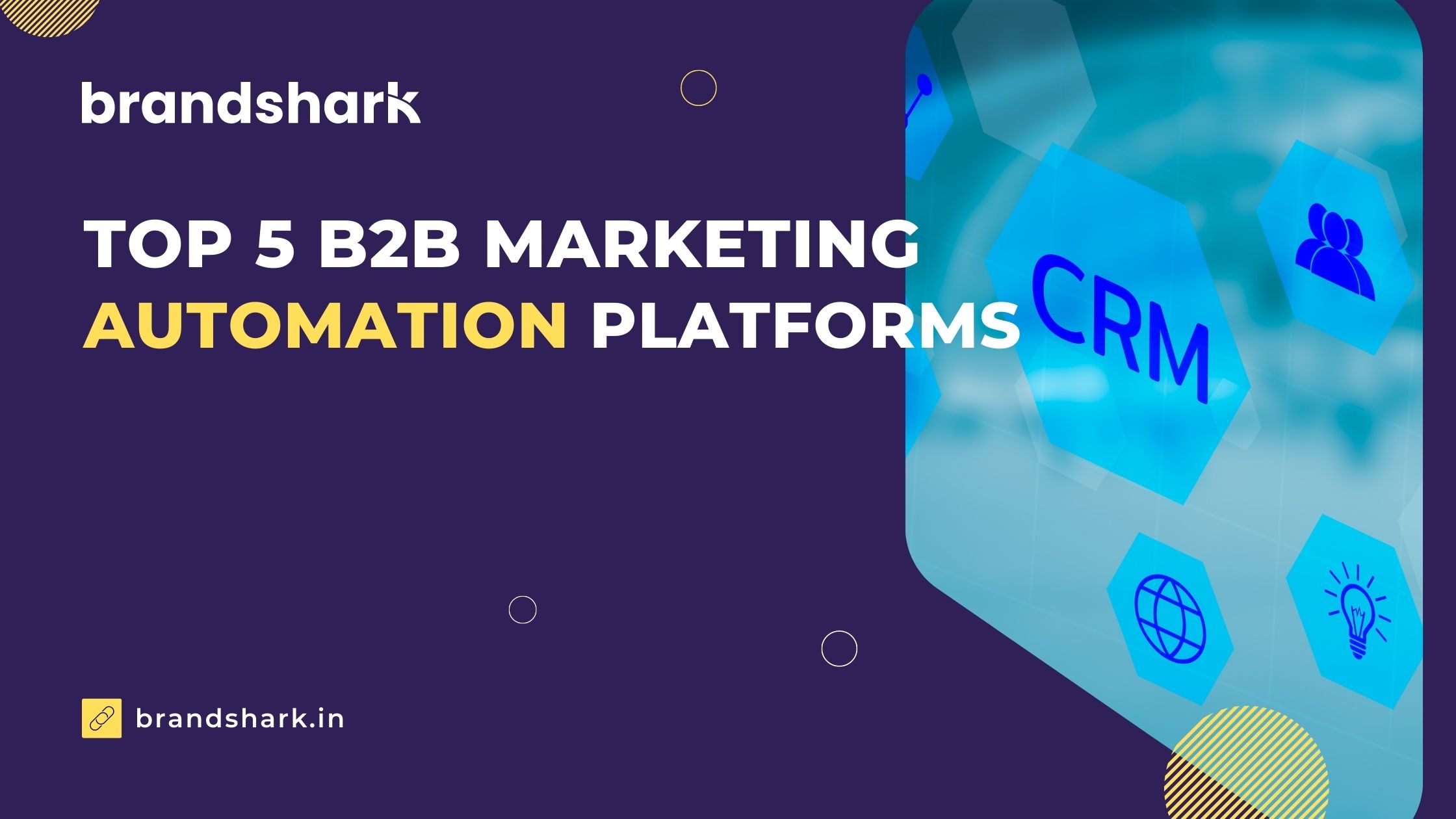
Earned media can be a great way to generate buzz about your brand. It is cost-effective, free and organic. It can be used with owned and paid media to provide a variety of benefits. This can include sharing, UGC, public relations and other types. This type is powerful because it can reach all your community members, and consumers are heavily influenced via what their friends and colleagues share online.
Earned media is a form of content
A type of content that a business or brand creates called earned media. Earned content is a long-term, persistent marketing strategy that requires patience. Earned media is generally comprised of word-of–mouth marketing. This includes brand mentions and reposts on Social Media.
Earned media improves a brand’s reputation in a particular industry and gives it a competitive advantage. Earned Media can take the form of newsletters, website content, or social media posts. It can also help a brand get its name out there without having to spend a large amount of money. Guest blogging and media mentions can be a great way for startups to get positive press.
It's free
Earned Media is publicity that has been generated free of charge by other people or businesses. It does not require payment. This can be in the form blog posts, customer testimonials, or articles written by journalists. Such pieces can be published on the web or on social media. Guest posting is a great way of gaining this kind of publicity. This type of promotion can help you reach a large audience as well as bring new eyes to your content.

Most consumers regard this type of media as trustworthy. Earned media, unlike paid advertising can be negative. Journalists and influencers may write negative articles about you, while journalists might expose you as a bad person. Thus, it is essential to prepare your message before submitting it to earned media.
It's organic
Earned Media, also known by organic media, is generated directly by the users. These media are trusted and usually provide more quality traffic. However, they take longer to show results, so these forms of media are best used as part of a long-term strategy. If done right, they can bring you an exponential reach.
Unlike paid media, earned media is organic and free. Earned media's effects are much less noticeable than paid advertising. It is essential to track your earned media results so that you can maximize your efforts. One way to do this is to count the number of mentions in blogs, news articles, and social media sites. By adding all of these mentions together, you can estimate the audience for your brand.
It's cost-efficient
Earned content is a great way for a business to grow over time. It works on the compounding principle that the more people you talk to, the more they will hear about your business. Paid media however, is only effective if you pay for it.
Earned media includes a range of different methods. One is through press releases. You will stand out from the crowd by having unique press releases. Another option is to exhibit your products or services at events. Another form of earned media is SEO, which aims to get organic views of your content.

It builds trust
Earned Media is a great way for your audience to trust you. Earned media provides your brand with an implicit endorsement by a third person. Earned content can give you an edge in search engine optimization. When ranking websites, search engine algorithms take into account "trust" metrics. Therefore, the more organic mentions you get, the better your website will rank.
Consumers are feeling the effects of recent events. They want brands to do more to help them inspire hope and create change. Earned media is a great way to increase your efforts in solving problems. It is important to establish your brand's purpose. Begin to listen and get involved in the lives of your audience.
FAQ
How long should content marketing last?
It all depends on what your goals are. Some businesses are looking for short-term results; others are looking for long-term growth. We recommend that you start with three months of consistent content production and then evaluate your progress after that period.
Is content marketing right for me?
If you already know your message, then a Content Marketing Strategy works perfectly.
Here are some questions to ask to get you started.
Do I need my business to communicate something particular? Is it better to communicate with a broad audience?
Do you want to concentrate on generating leads?
What product am I trying to promote?
Are there people I'd like to meet outside of my industry, or am I open to reaching them?
A Content Marketing strategy will be the right choice if you answered yes to any of these questions.
Why is content so crucial?
Any digital marketing campaign needs to include content. You must create quality content to attract new customers. Blogging is the best way to achieve this. Blogs help you establish authority in your niche and make you more trustworthy. You can build trustworthiness, which increases your search engine rankings. And when you rank high, you get traffic from organic searches.
Is content marketing right for me?
Absolutely! You can use content marketing for any business. Content marketing works for all types of businesses, regardless of whether you offer products or support, or offer training. Customers can learn more about your company by creating content and staying connected.
Can I just post links to other sites' content?
Yes! It's known as link building. Linking back to another site's content is a great way to increase traffic to your site. Be sure to only link to trusted sources.
Do content marketing agencies provide the best service?
Most content marketing agencies have extensive knowledge in developing content strategies for clients.
Your knowledge will save you a lot of time and effort. They can create a customized plan that meets your specific needs.
However, not all agencies have the same skills. Certain companies are experts in particular niches such as eCommerce. Others work with specific industries, like law firms.
Ask them where they specialize and find the agency that suits you best.
Statistics
- To further show the importance of this, 89% of people have stopped doing business with a company because of a poor experience. (neilpatel.com)
- In fact, would pay more for a better customer experience, and 86% of B2B buyers would pay more. (neilpatel.com)
- Out of the 1,500 marketers we surveyed for our State of Content Marketing report, 78% who felt their content marketing strategy was exceptionally effective in 2021 had documented their strategy. (semrush.com)
- An example of an overarching goal could be: "In 2022, we want to achieve a 20% increase in revenue created by organic content and generate 15,000 MQLs with a budget of $30,000." (semrush.com)
- According to the Content Marketing Institute, 70% of B2B marketers and 86% of B2C marketers surveyed use content marketing in some form or other. (criteo.com)
- Content marketing produces 3X more leads per dollar spent. Content marketing costs 62% less than traditional marketing. (criteo.com)
- According to our research, brand awareness, attracting traffic, and generating leads remain the key content marketing goals in 2022. (semrush.com)
- According to research compiled by Coschedule: Companies that publish 16+ blog posts a month get as much as 3.5x as much traffic as those that publish 0-4 posts a month. (criteo.com)
External Links
How To
How do I create a content-marketing strategy?
The first step in creating content for your clients is to define what kind of content. Once this is established, it's possible to start creating content. This could mean creating an editorial calendar and planning the source of these content. Every piece of content should have a purpose. It doesn't really matter what content you're using, whether it's blog posts or social media updates. But they all should have a single purpose.
Once you determine which type of content you want to produce, then it's important to find out who your target market is. Who are they looking for? And why should they care about what you have to offer them?
Next comes the task of identifying your target audience and finding ways to communicate. Although social media platforms can be a great way of connecting with people, there are many other options, including videos, podcasts, webinars and webinars.
Next, you need to decide how you will communicate your message with your market. Then you need to determine what topics you'd like to cover. This again goes back to the reason you're writing content. What problem does this solve? How helpful is it? It will make their lives easier.
You now know what content you like to write. Now it's time for you to decide what you want. Do you want to share information about your industry? On current events? Concerning specific products and/or services? This is your focus.
Finally, once you've answered those questions, it's time to combine everything into one complete package.
Every piece of content that you create must be useful. It's not a good idea to waste any time or energy. You must ensure quality in all your content.
It is important to remember that content marketing has many moving parts.